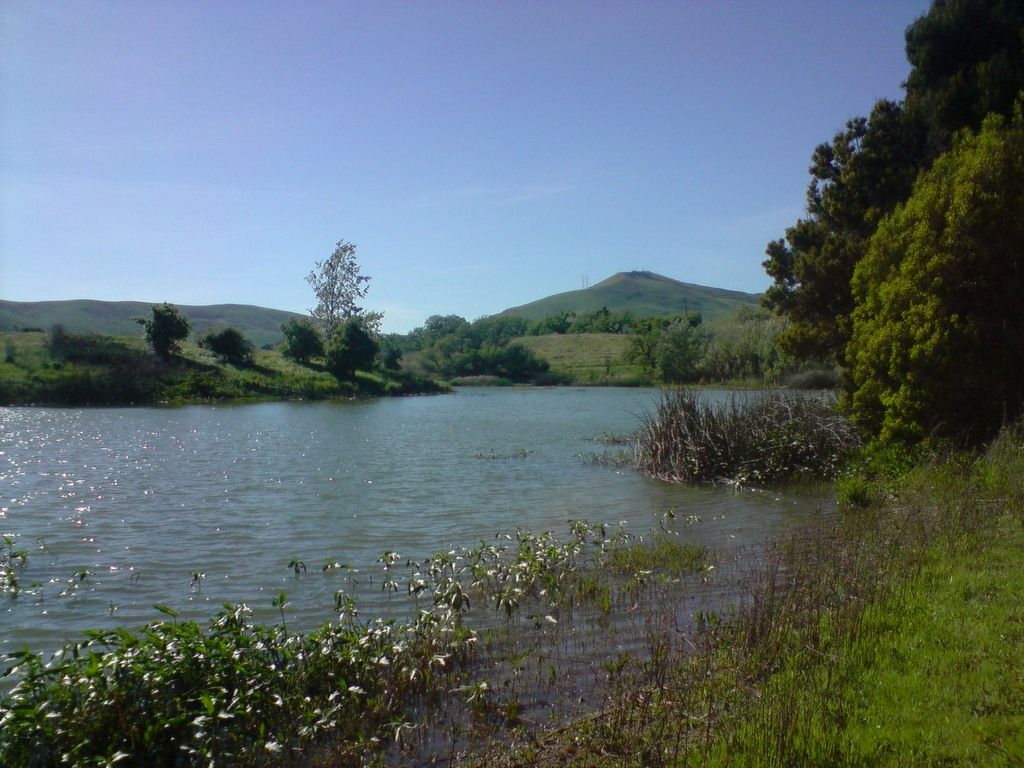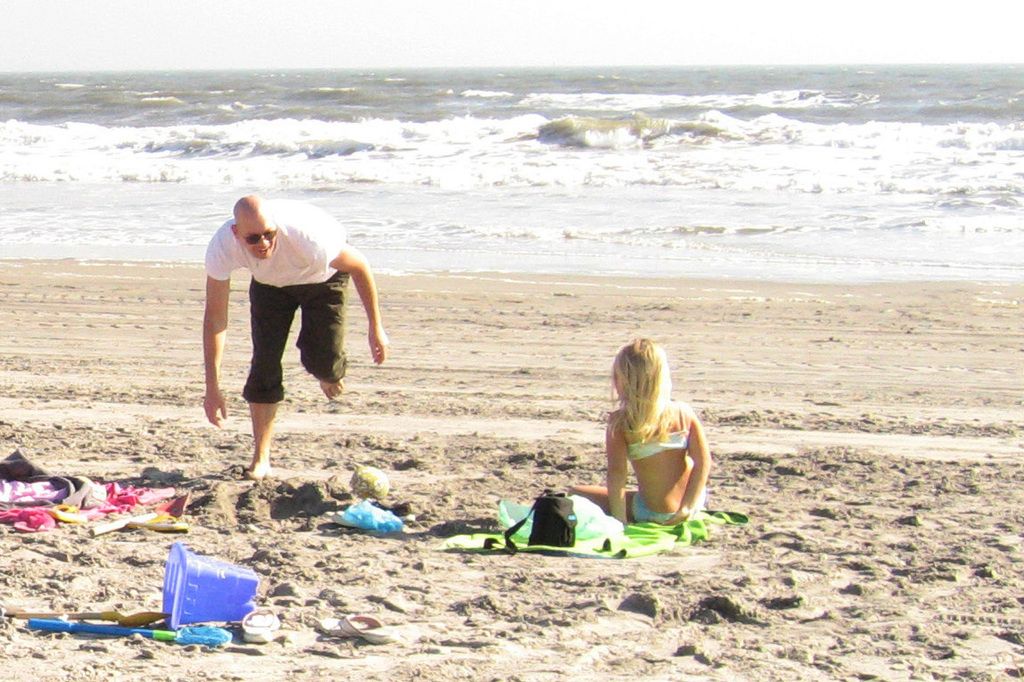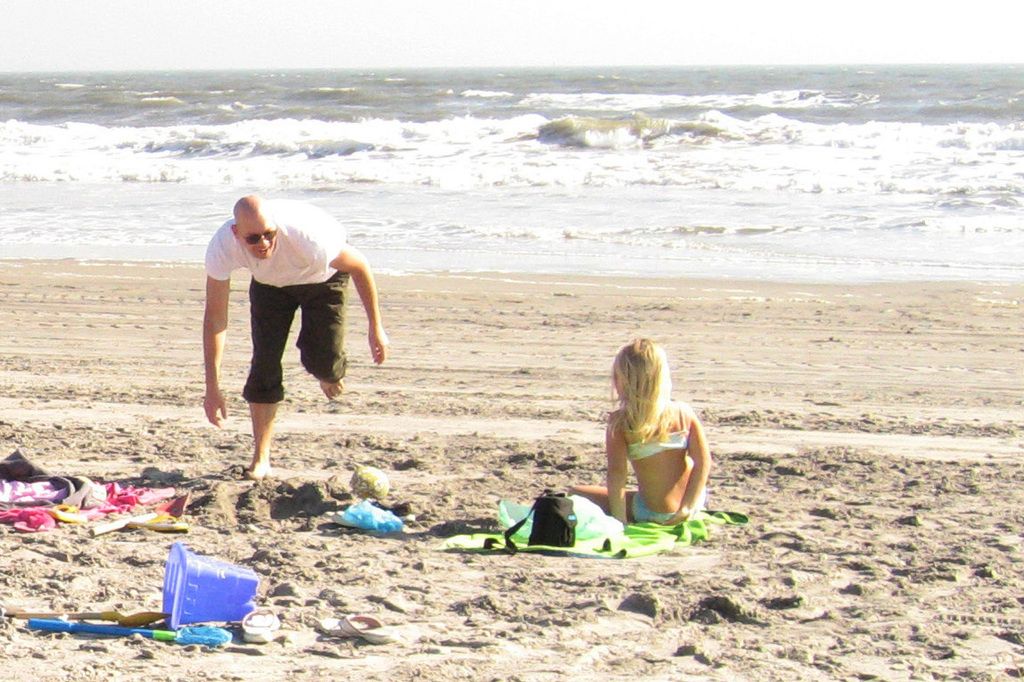- Written by Lutz Meier
- Estimated Reading Time: 2 minutes
Mysterious Death of Roberto Calvi, Known as the 'God's Banker' Amidst Allegations of Financial Misdeeds - Mysterious Death of "Banker God" Roberto Calvi Involving Alleged Mafia Connections
The Banco Ambrosiano, bearing the name of a Milanese bishop, stood apart from the cut-throat, gold-hungry banks in Milan for over five decades. Then, Roberto Calvi climbed the ranks and stepped in, steadily expanding the bank's reach to Luxembourg, Panama, the Bahamas, and tightening ties with the Vatican's IOR bank, which eventually became the bank's major shareholder.
Vatican, Mafia, and the Financial Firm
Background
- Roberto Calvi: Known as the "Banker of God," Calvi led Banco Ambrosiano, a Catholic Italian bank. The bank held the Vatican Bank—commonly known as the Vatican Bank [1][2]—as its principal shareholder.
Controversies and Connections
- Vatican Involvement
- IOR's Role: Rumors swirled that the Vatican Bank got tangled in Banco Ambrosiano's financial dealings, despite initial denials. Subsequently, the Vatican agreed to compensate for its "moral involvement" [5].
- Lack of Transparency: The IOR functioned with minimal oversight and was exempt from Italian law, contributing to the veil surrounding its business dealings [5].
- Mafia Involvement
- Money Laundering: Banco Ambrosiano faced accusations of laundering money for the mafia, a significant factor leading to the bank's demise. The uproar exposed connections between the bank, organized crime, and secretive financial structures [4][5].
- Calvi's Demise: Calvi met an untimely end in 1982, his body found hanging from London's Blackfriars Bridge. Initially ruled a suicide, his death later emerged as a murder, underscoring the bank's collusion with organized crime [2][5].
- Global Fallout
- Financial Scandal: When Banco Ambrosiano went under, an avalanche of financial manipulation and hidden deals came to light, with far-reaching consequences for international markets [4].
- Reform Initiatives: In response to the scandals, the Vatican has implemented measures to foster openness and adhere to international financial standards, including establishing the Secretariat for the Economy under Pope Francis [2].
Final Thoughts
The Banco Ambrosiano scandal, with Roberto Calvi and the Vatican Bank at the heart, provides a gripping account of financial corruption, organized crime, and institutional secrecy. In the wake of these scandals, the Vatican has embarked on a quest for financial transparency and compliance with global standards. Yet, the lingering impact of these scandals continues to color perceptions of the Vatican's financial machinations and its role within global finance.
The investigation into the demise of Banco Ambrosiano also implicated the Vatican Bank, as rumors persisted about its entanglement in the bank's shady financial dealings, specifically with regards to money laundering for the mafia and questionable business practices. In the crime-and-justice world, such issues often converge with general-news headlines, revealing the intricate web of business transactions between the Vatican, the mafia, and the bank.







